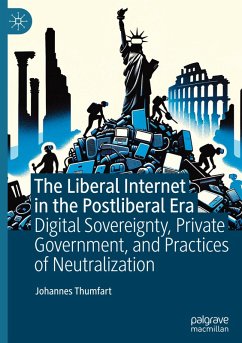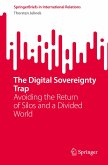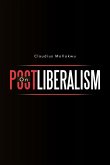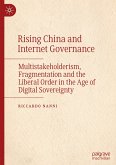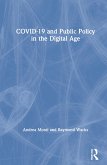This book begins with an examination of the internet as a central institution of the post-Cold War liberal order. From this starting point, Johannes Thumfart analyzes the contemporary rise of digital sovereignty in Asia and Europe, alongside the establishment of private government within digital networks. He interprets these phenomena as indications of an emerging postliberal era. Thumfart engages with a wide array of empirical research and assesses liberal ideals such as state and net neutrality by discussing thinkers like Hegel, Schmitt, Mouffe, Taylor, Sandel, Fukuyama, Anderson, Jasanoff, and Girard, as well as network and rational choice theories. He contends that the internet's reification of liberal values has, paradoxically, subverted these values and catalyzed the transition to postliberalism. Thumfart suggests that instead of adhering to the traditional liberal focus on neutrality, states should adopt the more flexible approach of neutralization to respond to the complexities of this digital and postliberal era.
Bitte wählen Sie Ihr Anliegen aus.
Rechnungen
Retourenschein anfordern
Bestellstatus
Storno

